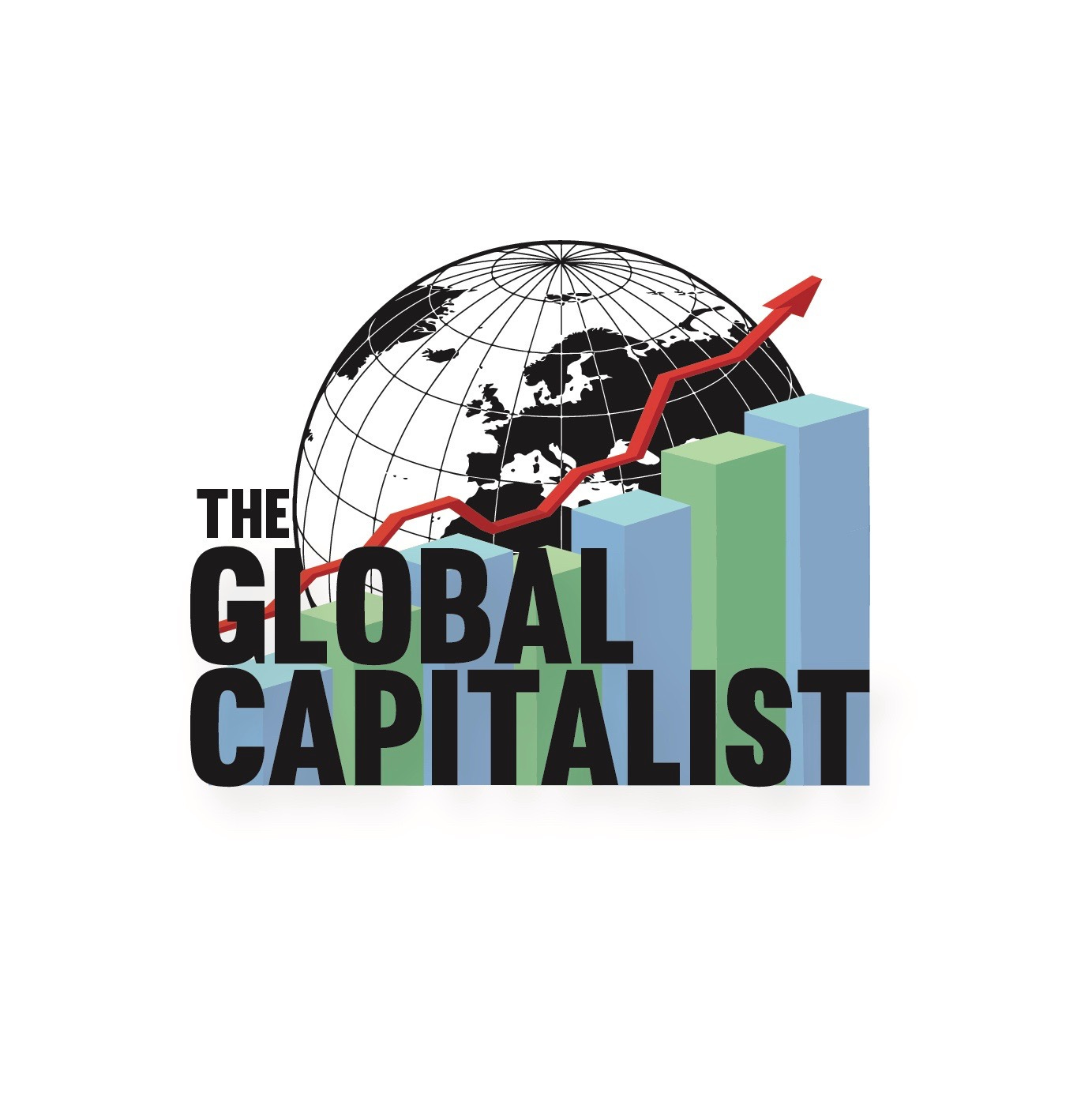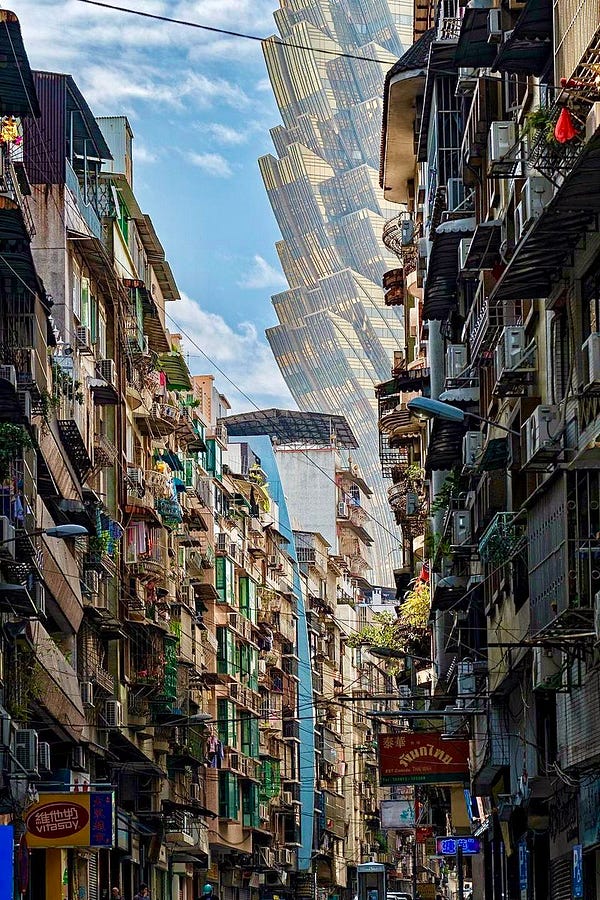This Week in Emerging Markets (Vol VI)
News, data, and curated content from across the globe.
Welcome to This Week In Emerging Markets, a weekly wire for topics in, from, and about emerging markets.
Hey everyone. I started a new job this week so I may be a little behind on the next long—form piece. Hope you all enjoy!
— Tom
Trivia:
Last week, I posted a chart featuring the best performing stock index in the world YTD. What country was that index located in?
Answer at the bottom.
Bloomberg ($): TSMC Is Stuck in the Middle of a Global Panic Over Chip Supply
It dominates the smartphone sector, and its chips are in everything from cars to fighter jets. The Covid-19 pandemic further cemented its dominance. TSMC’s 2020 revenue was $45.5 billion, a 31% increase from the year before, and its adjusted net income of $17.3 billion dwarfed its profits from any previous year. The company is now worth about $590 billion, more than two and a half times Intel’s market value.
——————————————————————
Companies like Intel both designed and manufactured chips for their clients, but Chang envisioned a model known as the pure-play foundry, where his company would take on the intricate task of producing chips for clients that wanted to design their own but didn’t want to run the multibillion-dollar manufacturing facilities known as foundries, or fabs.
It was one of those ideas that seem obvious only in retrospect. When Chang approached Intel in 1985 to see if it wanted to invest, it turned him down. Companies that later became important partners were skeptical at first. “I was thinking to myself, ‘This is crazy,’ ” said Arm Ltd. Chief Executive Officer Simon Segars during a 2017 event celebrating TSMC’s 30th anniversary. “It turns out it is a really good idea. We wouldn’t be here today without it.”
Financial Times ($): Covid batters India’s aspiring middle classes
Economists warned that the latest outbreak could have long-term ramifications for middle-class Indians, whose rising consumption was expected to be the country’s growth engine for many years.
“India, at the end of the day, is a consumption story,” said Tanvee Gupta Jain, UBS chief India economist. “If you never recovered from the 2020 wave and then you go into the 2021 wave, then it’s a concern.”
India reported more than 320,000 Covid-19 infections and 3,800 deaths on Monday. Experts maintain that both figures are vastly undercounted.
Nikkei Asia: Meituan shares slide after chief posts ancient poem on book-burning
Meituan is currently under a Chinese government antitrust investigation for abusing its market dominance, following a record $2.8 billion fine levied on its chief rival Alibaba last month.
Users of Twitter-like Weibo compared the Tang dynasty poem posted by Meituan's Wang Xing to a speech given at a forum in October by ecommerce billionaire Jack Ma in Shanghai. Some blame Ma's speech, in which he criticized the regulation of China's banks, for Beijing's last-minute suspension of a $37 billion initial public offering of his payments company, Ant Group.
"First we have Jack Ma's speech, then Wang Xing reposted a poem, one verse and people's hearts are breaking," said one Weibo user. Further posts appeared to have been censored on social media.
Points of Return: The Bigger Inflation Scare Is Emerging World Food
But while commodity inflation is no longer of such direct import to the developed world, it still has serious effects on emerging economies. When we look at commodities’ share of final consumption, we find that emerging Asia is far more exposed to commodity prices than Europe and North America. Sub-Saharan Africa, not shown here, is even more commodity-dependent:
Rising interest rates can be almost as unpopular as food price inflation in the developing world, particularly in a time of pandemics, so central banks will naturally try to avoid them. But this is where the most difficult inflationary challenges lie at present. In the developed world, the uptick in inflation might still prove a transitory quirk caused by reopening. In the emerging world, food price inflation is already forming a serious social and economic challenge.
Reuters: Naspers, Prosus launch share swap deal to shrink S.Africa discount
Naspers is Africa's biggest listed company because of its Tencent (0700.HK) holding but its shares trade at a steep discount to the value of its stake, which led it to list Prosus in 2019.
Under the deal announced on Wednesday, Prosus will issue new shares to buy up to 45.4% of Naspers shares, effectively moving part of Naspers from the Johannesburg bourse to Euronext in Amsterdam, another fillip for the Dutch market which has won ground from London following Brexit.
Twitter






Bitcoin Magazine: Check Your Financial Privilege
In reality, only 13% of our planet’s population is born into the dollar, euro, Japanese yen, British pound, Australian dollar, Canadian dollar or Swiss Franc. The other 87% are born into autocracy or considerably less trustworthy currencies. 4.3 billion people live under authoritarianism, and 1.2 billion people live under double- or triple-digit inflation.
—————————————
Mo is beginning to see just how massive the Lightning Network will be for Sudan because most users will be in the micropayment space, sending transactions of $5 or $10, and will not be able to afford the increasingly high on-chain fees. If international exchanges can choose to service Sudan, and enable Lightning withdrawals and deposits, he said that would be an enormous step forward for financial empowerment.
As for the likes of Bill Gates and Buffet, Mo said they might understand the technology behind Bitcoin, but they will never be happy about it because it is coming to seize a place on the global stage that they used to have just for themselves. In direct contradiction to billionaire claims that Bitcoin is worthless and has no social value, Mo knows many Sudanese who rely on it as a lifeline. Maybe, Mo said, the critics just cannot see past their financial privilege.
Wall Street Journal ($): Hedge Funds Face Backlash From Europe in Bond Market
The pushback was prompted by unusually large orders placed by hedge funds for new bonds, which can then potentially be sold—sometimes within hours—to the European Central Bank for a profit, bankers, investors and a government official said. Order books, which track demand for new bonds and help determine the prices, have ballooned since hedge funds began to pile into this trade.
FT Alphaville ($): No, ‘hyperinflation’ is not here
To boot, take away stimulus cheques and furlough schemes, and the labour market on either side of the Atlantic is nowhere near strong enough to trigger the sort of wage-price spiral that saw inflation surge into the double digits in the US and UK in the 1970s. Even in Germany, where manufacturing unions are still relatively strong, companies like Volkswagen say they don’t need to pay their workers more. Those are workers who did not get a pay rise in 2020, nor will they get one this year either — though they will see a 2.8 per cent bump from 2019 levels in 2022.
The Week Ahead:
Sunday — Pentecost Eve; 🇨🇳 Chinese Industrial Production; 🇹🇭 Thailand GDP;
Monday — 🇳🇴 Norwegian Constitution Day; Pentecost; 🇨🇴 Colombian Ascension Day; 🇨🇭 Swiss PPI; 🇮🇳 Indian, 🇮🇹 Italian, CPI; 🇷🇺 Russian, 🇯🇵 Japanese GDP;
Tuesday — 🇬🇧 British Unemployment; 🇭🇺 Hungarian, 🇪🇺 E.U., 🇮🇱 Israeli, GDP; 🇳🇿 New Zealand PPI; 🇯🇵 Japanese Industrial Production;
Wednesday — 🇭🇰 Hong Kong National Day; ☸️ Buddha’s Birthday; 🇬🇧 British, 🇿🇦 South African,🇪🇺 E.U., 🇨🇦 Canadian, CPI; 🇩🇪 10yr Bund Auction; 🇦🇺 Australian Unemployment; 🇨🇳 PBoC Loan Prime Rate Decision;
Thursday — 🇩🇪 German PPI; 🇪🇸 Spain 10yr Obligacion Auction; 🇿🇦 South African Interest Rate Decision; 🇯🇵 Japanese CPI;
Friday — 🇨🇱 Chilean Navy Day; 🇬🇧 British, 🇲🇽 Mexican, 🇨🇦 Canadian, 🇺🇸 U.S. Retail Sales; 🇫🇷 French, 🇩🇪 German, 🇬🇧 British, 🇺🇸 U.S., 🇪🇺 E.U. PMI;














